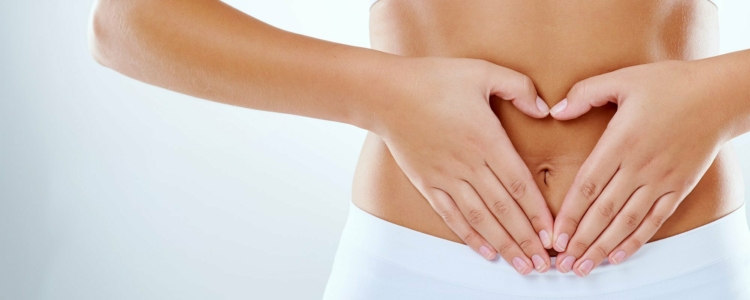Menopause
The end of ovulation
Menopause is a natural biological process that marks the permanent end of your periods and fertility. Its’ onset varies from woman to woman, and the process may last several years. The average age for menopause in North America is 51; however, some women may have their last period in their forties or even in their late fifties. Regardless of age, women are considered to have “hit” menopause one year after their last period. The stage leading up to this is often referred to as “perimenopause.” It is during this stage that symptoms begin to develop.
Short-term symptoms and treatments
The annoying symptoms of menopause can be treated in several ways, both with medication and with herbal products. Even though the effectiveness of these products hasn’t been proven scientifically, black cohosh, evening primrose oil and flaxseed may help to alleviate symptoms.
| Symptom | Treatments (drug or non-drug) |
| Irregular periods |
|
| Vaginal dryness |
|
| Hot flashes |
Comments: Hormone Replacement Therapy is not recommended if you have a history of endometrial cancer, breast cancer, blot clots, liver disease or unexplained vaginal bleeding. |
| Difficulty sleeping |
|
Long-term symptoms and treatments
| Symptoms | Treatments (with or without medication) |
| Mood swings |
|
Osteoporosis (loss of bone density – bones become brittle and may break more easily) |
|
| Heart disease and stroke |
|
| Weight gain |
|
| Weakness of pelvic floor and vaginal muscles |
|
| Urinary tract infections |
|
A healthy active lifestyle during this transition period will help you keep feeling good about yourself.
The publication Eating Well with Canada’s Food Guide provides information about the types of food and portions suggested to maintain good health. You can download it at the following address: http://www.hc-sc.gc.ca/fn-an/f...
Pharmacy service
Don’t hesitate to talk to your Accès pharma affiliated-pharmacist. They can answer your questions about possible treatments to help you better manage your symptoms.
This information is not a substitute for professional medical advice and Accès pharma affiliated pharmacist-owners cannot be held responsible for this information. The information was true and accurate at the time of publication, but it is subject to change.





